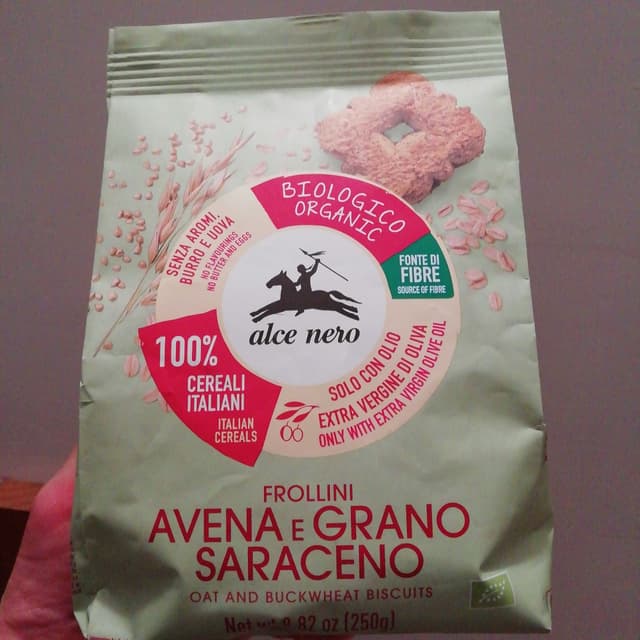Alce Nero’s story
Alce Nero's story: a story of change, responsibility and innovation
Our story begins at the end of the 1970s. It’s a multifaceted story about a grand and powerful idea: the concept of organic as being not only an end in itself but also a method; a means of joint participation in global change. In other words, the idea that agriculture and food create relationships and bring people together.
Our story also involves an important meeting, which took place between CONAPI, the Consorzio Nazionale Apicoltori (Italian National Beekeeper Consortium) — established in 1984 from the former Cooperativa Apistica Valle dell’Idice (Idice Valley Beekeeping Cooperative) which was created in 1978 — and the Cooperativa Alce Nero (Alce Nero Cooperative), led by its founder, Gino Girolomoni.
Both were cooperatives, meaning that ideas and people were more vital to their growth than any kind of financial resource. There were two areas of origin, the Emilia Romagna and Marche Apennines.
Bees were the symbol of the regenerative power of natural, organic farming represented the response to the distortion of our countryside and the food produced by them at that time. We had a single vision: that of a strong sense of responsibility towards the earth; of the land as a living, bountiful organism rather than inconsequential soil to be manipulated. This was combined with the idea that proclaimed organic methods as an agricultural and environmental practice which provides people with food and nourishment. It’s about wholesome and delicious nourishment which is good for us.
On the one side there was Gino Girolomoni. He was the first person in Italy to relentlessly state that organic means were an essential cultivation method and a veritable tribute to life. This is precisely why he founded the Cooperativa Alce Nero.
On the other side we have CONAPI, a consortium established by a few young beekeepers in the Idice Valley, close to Bologna, yet which went on in subsequent decades to bring together the best and most consolidated beekeeping experiences throughout Italy. In doing so, it fostered the extraordinary biodiversity of honey, provided by the flowers, together with protecting bees from harsh pesticides and herbicides.
The encounter occurred in the 1980s, yet the merger didn’t take place until 1999. A few years later, it developed into another new configuration, borne out of different production and commercial choices.




VEGANO
Reduziu 80%
